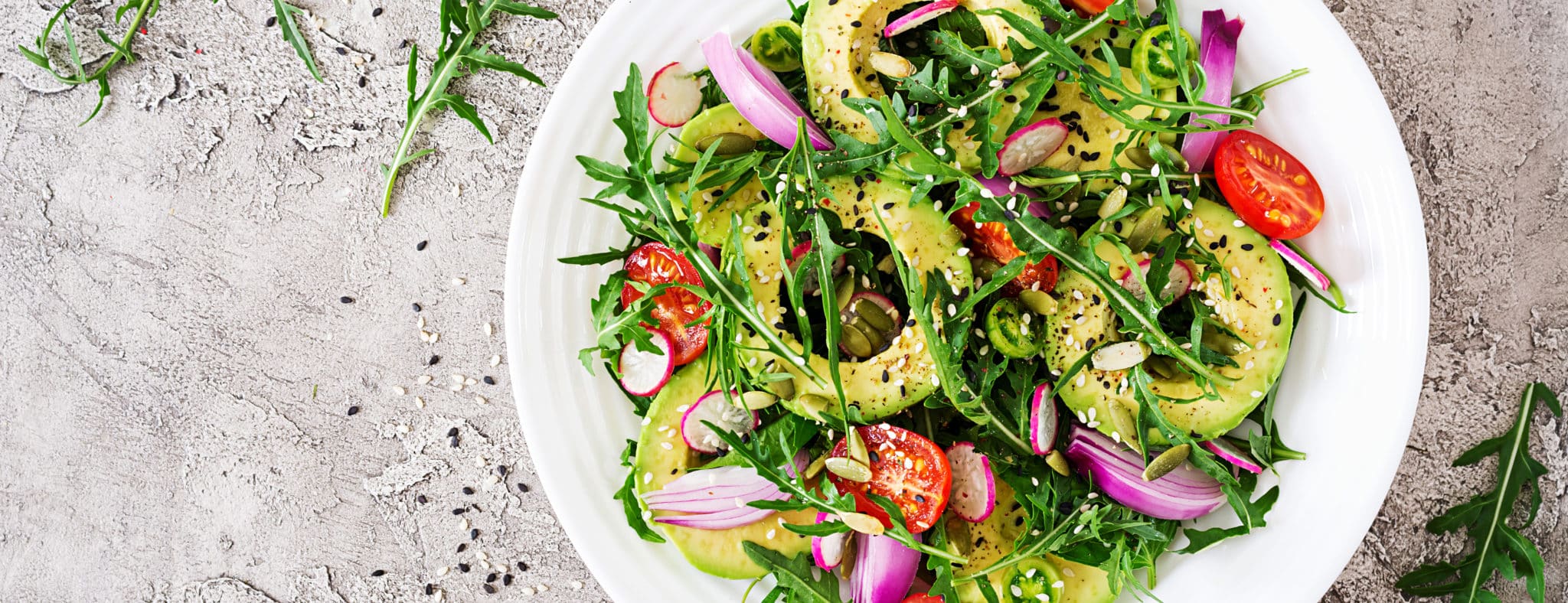Lucy Parker of Flow Tunbridge Wells looks at the benefits of a healthy diet…
I’d like to make it clear from the outset that I’m no expert in nutrition. I’m not a trained nutritionist and have zero qualifications in the field. Why then am I writing here about nutrition and offering my recommendations? Well, besides the fact that Right Nutrition is the fourth pillar of our five-pillar foundation for health, I’m also a true believer that we are what we eat. I consider some important, albeit basic, nutritional concepts key to our physical, and mental, health. My argument is that it does matter what, when why and how we eat, and my suggestion is to always eat consciously, considerately and mindfully.
Now, I know this is not always conducive to a busy lifestyle where fast food is readily available and there’s a sweet shop just around the corner. Convenience food may be convenient and yet is it nutritionally valuable, environmentally sustainable and supportive of our unique digestive system? Here’s what I suggest, take a long hard, honest look at what you eat, when why and how. What food myths do you believe, what habits have you fallen into and how do you justify them to yourself? Nutritional advice is a mind field of conflicting ‘evidence-based’ concepts, ideas and recommendations. My method has always been to do what feels right for me, learn as much as possible, explore the options, and then give it a go.
Let’s start with when. A lovely friend of mine recently recommended the fabulous book Fast Like a Girl by Dr Mindy Pelz. This is an excellent book for women, and men, to explore if you’re questioning your need for three meals a day or if you might fare a little better compressing your eating window. It helps you ponder when to eat and if a more regular fasting window might suit you. For example, I now don’t eat before 11am and try to finish my evening meal by 7pm. That gives me a regular eight hours of eating and 16 hours that are food-free.
Next, what to eat. Most of us know the basics of what foods are more nutritionally valuable than others. However, we all have different digestive systems that will respond better to some foods than others and this is worth investigating. You might want to record your glycaemic index with a glucose monitor, or you might want to follow a particular style of eating such as vegan, vegetarian or pescatarian. Again, I ask you to be mindful and curious. Just because you’ve done something for a while, or forever, doesn’t necessarily mean that you’re serving yourself well by continuing to eat that way. Have you considered where your food comes from, how you feel about eating animals and whether organic food is the way you want to go? With the increase in the cost of food, these are becoming increasingly important questions and vital when feeding a family. I’ve been a vegetarian for years and love that my food is fresh, colourful and locally sourced. It’s meaningful to me and I feel the value in choosing to eat this way.
Let’s not forget to ask ourselves why we eat. Do you regularly eat to comfort yourself, or suppress your feelings? Does eating cover up some emotional or mental dysregulation that you might do well to address and explore with a qualified counsellor? Do you, like so many people use eating, or restricting your food intake, to control or distract yourself? If so, now might be the time to seek out some help to explore what’s underneath this habit and how to best rebalance yourself.
Lastly, how do you eat? Do you eat on the move, at your desk or in a hurry or do you choose to eat mindfully with full attention on what you’re putting into your mouth? It’s worth thinking about and trying it out. When did you last stop and take in all the senses that are involved in eating, what you see, smell, touch, hear as well as taste? Eating in silence and savouring every bite.
I hope you start to explore Right Nutrition this week and see where more mindful eating takes you.








